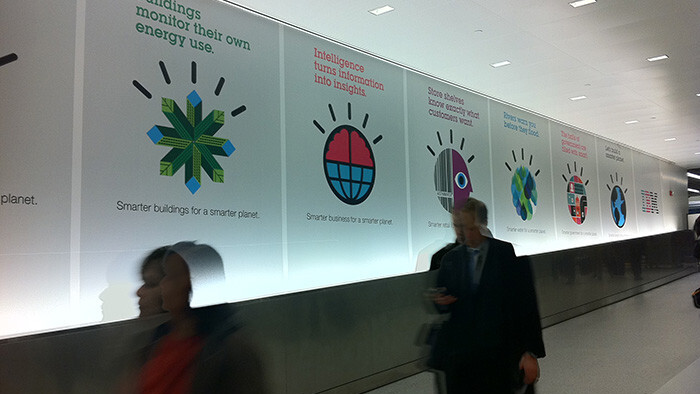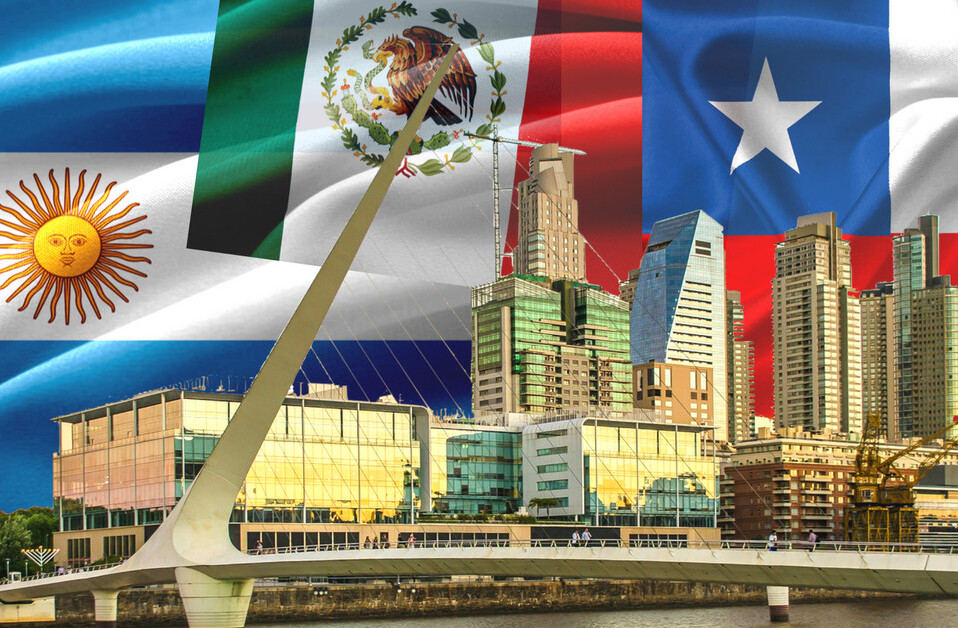
IBM announced today the 5 finalist startups for its SmartCamp in Brazil, following a preliminary round of selections across 8 Brazilian cities. So what is the event about and what do these 5 startups do?
What is IBM SmartCamp?
 The ninth global event of its kind this year, IBM’s next SmartCamp will take place in Rio de Janeiro on November 10th and 11th, in conjunction with the IBM Venture Capital Symposium. It will bring together senior Latin American government and business leaders, IBM executives, university representatives and startups interested in finding solutions to urban issues like traffic, healthcare and food safety.
The ninth global event of its kind this year, IBM’s next SmartCamp will take place in Rio de Janeiro on November 10th and 11th, in conjunction with the IBM Venture Capital Symposium. It will bring together senior Latin American government and business leaders, IBM executives, university representatives and startups interested in finding solutions to urban issues like traffic, healthcare and food safety.
Betting on startups
According to IBM, its SmartCamp provides mentorship to early stage start-ups and facilitates access to venture capital companies. Indeed, the veteran tech company believes that startups have a key role to play in developing innovative solutions to answer urban problems. Says Jim Corgel, general manager of Developer Relations:
“We believe entrepreneurs will play a critical role in addressing the needs of cities around the world. That is why we are working closely with startups to push the limits of innovation and get their products to market faster by providing coaching and connections to IBM clients and partners.”
For these startups, it is also a huge market to conquer; IDC Government Insights estimates the new Smarter Cities information technology market opportunity at $34 billion in 2011, increasing more than 18% per year to $57 billion by 2014, IBM said.
Betting on Brazil
Beyond the huge market opportunity they represent, these solutions can also have a huge impact on development, particularly in emerging countries. This potential is certainly one of the reasons IBM is expanding its Global Entrepreneur initiatives in Brazil, which it describes as “a key growth market” for the company.
This isn’t IBM’s first action to promote smarter cities in the country. Indeed, as we reported a few months ago in our piece ‘How Data is Making Rio de Janeiro a Smarter City,’ the company is also a key partner of Rio de Janeiro’s Operations Center, which leverages technology and data to answer the city’s daily problems, from weather to traffic and major events. Here’s a short video about this partnership between IBM and Rio:
Meet the finalists
Here are the five Brazilian startups which will compete in at IBM SmartCamp in Rio:
Easy Taxi: With Easy Taxi‘s mobile transportation solution people can call a taxi with a click on their smartphone. The application locates and calls the nearest taxi, calculates the fare and processes the payment online.. This solutions saves time, reduces security concerns for passengers, helps generate additional revenue for drivers and reduces fuel and greenhouse gas emissions.
(see our previous story mentioning Easy Taxi, which we discovered at Startup Weekend Rio.)IDXP: IDXP‘s consumer behavior solution installs sensors in stores and shopping carts to help retailers understand consumer behavior in real time. For example, the sensors can identify the areas of the store that receive the most traffic and the displays where people spend the most time. This type of analysis helps retailers measure the effectiveness of promotions and merchandising displays, helping to improve sales and the overall shopping experience for consumers.
Mobwise: Mobwise‘s mobile application combines various sources of information on traffic conditions including real time data generated by users. It suggests the best route to a destination and offers rewards such as discounts at partner establishments for users who contribute to the application.
Opara: Opara‘s food traceability system for fruit monitors the entire production chain, from farm to supermarket shelf. Operated by smartphones, tablets and computers, the system allows more flexibility and reliability throughout the sale process, for the producer, trader and the buyer. By removing the need to monitor the production process manually, Opara is reducing delays and waste and helping producers quickly identify a product’s origins in the event of a food born illness.
Prime Health: Prime Health (Prime Saude) uses business analytics to help improve patient health and reduce the cost of treating chronic diseases. The system analyzes patient profiles and identifies the potential risk people have of developing certain chronic diseases. Based on predictive analysis, healthcare professionals can provide patients with preventive treatments and monitoring to prevent the occurrence or further development of the disease.
The competition
You can already find more about the finalists and vote for your favorite one here. The winner will be announced on November 11th during the event, which IBM will livestream here. The winning startup will be invited to for the title of “IBM Global Entrepreneur of the Year” at the next SmartCamp World Finals.
Are you going to vote for one of these startups? Which one?
Get the TNW newsletter
Get the most important tech news in your inbox each week.



